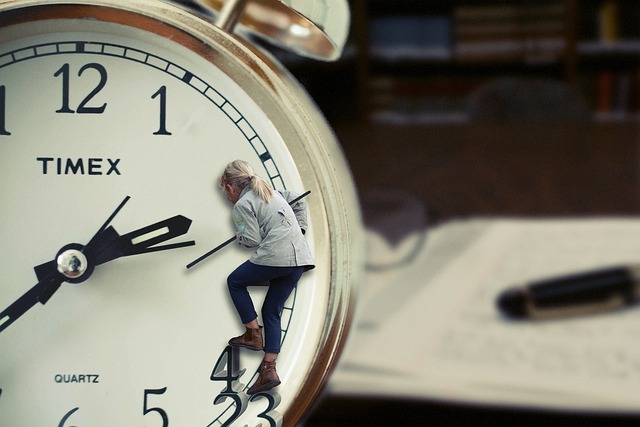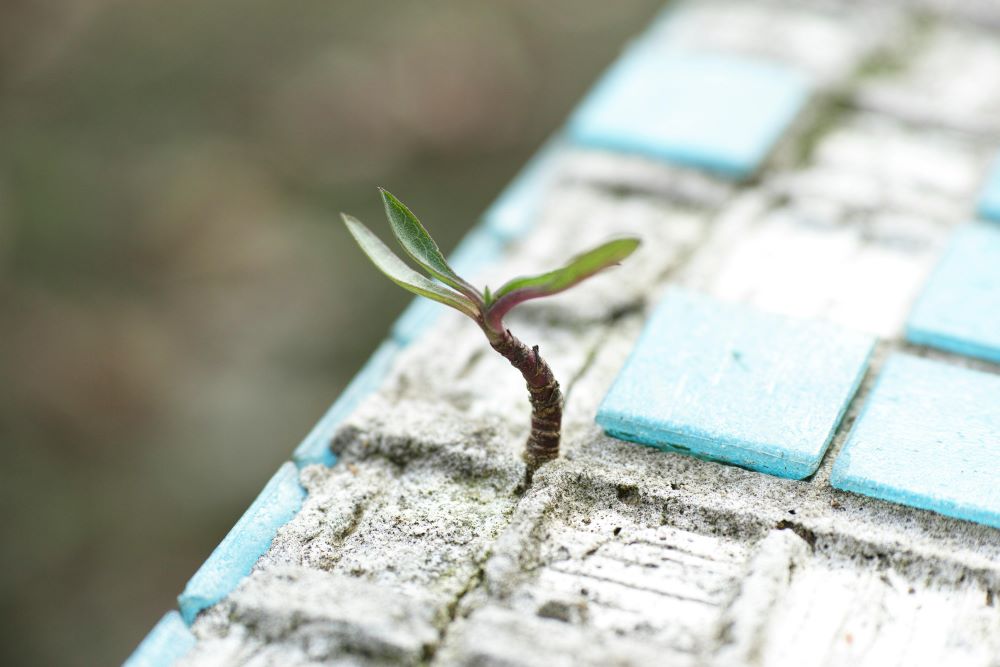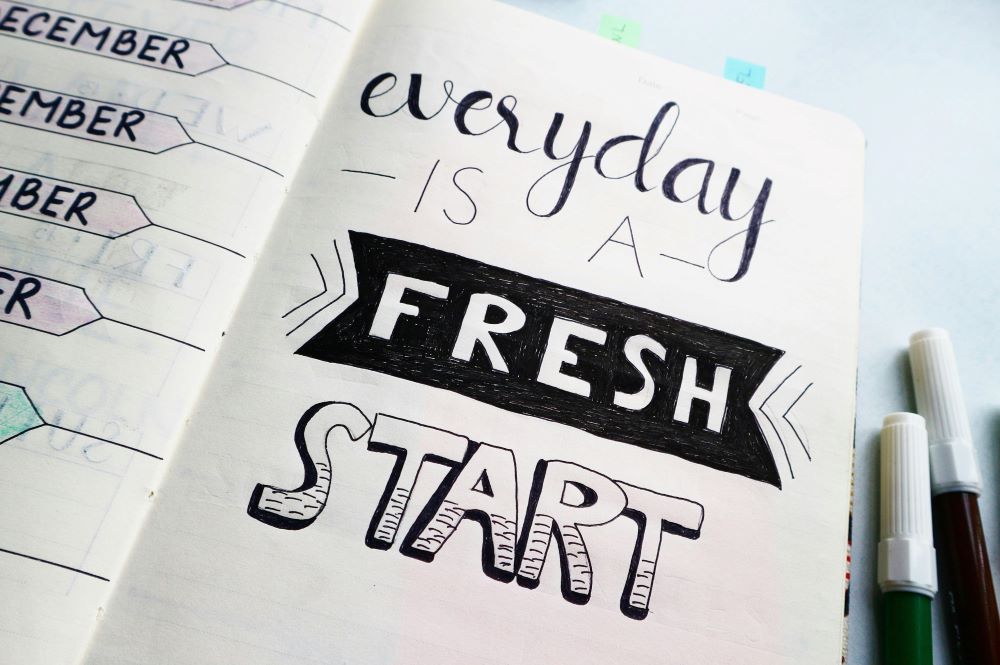Uncertainties of life has surprised me with unexpected twists and turns. Most of it felt unpleasant but later on, turned out to be for good. Embracing the unexpected is difficult and sometimes it can crush you. I have been striving for success in my career for so long. But I am still in the process of overcoming obstacles and controlling my emotions. I often felt bad for not getting the desired outcomes or not achieving the goals. Most of the days, I used to be nervous. Due to that, the frequency of such occurrences increased resulting in more disappointments.
After in-depth analysis, I have learned why it feels bad when things don’t go according to you. In a way, I learned to deal with disappointments. Let me summarize it for you.
Disappointment
Disappointment arises when our expectations or hopes are not met. It can manifest in different moods, such as sadness, frustration, or anger. It is because we have a specific thing or goal in mind, and the reality falls short of that expectation.
One of the key aspects of disappointment is the emotional investment we have in our expectations. The more we invest in a particular outcome, the greater the disappointment when it doesn’t materialize. This emotional investment can come from various sources, such as personal goals, relationships, or professional ambitions.
For me, disappointments were influenced by my beliefs and values. For example, if we believe that hard work always brings success, facing failures despite our efforts can be utterly disappointing. If we place a high value on external validation, not achieving recognition or approval can lead to feelings of disappointment. Additionally, societal and cultural influences can determine how we experience and express disappointment.

Dealing with disappointments is to acknowledge and process the emotions. Recognize that experiencing disappointment is normal and does not devalue us in any way. Modify perspectives, focus on what we can control, learn to let go, and just grow from it.
Loss of Control
Loss of control contributes to feeling bad when things don’t go according to plan. We have an innate desire for control over our lives and environments. We like to believe that we have a say in how things unfold and that our actions can influence reality.
I was trying to control the situation which kept me helpless and powerless, unable to shape my life in a desired way. This promoted feelings of frustration, anxiety, and fear. For countless days, I didn’t realize its effect until it started affecting me personally.
Loss of control can extend beyond the immediate situation. It can evoke broader existential questions about the nature of life and our place in it. We may question the fairness of the universe or feel a sense of rejection about the futility of our efforts.
I have learned to accept and adapt. Things might not be in my hands but I can control their impact on me. Accepting that not everything is within our control is liberating and can help us focus on what we can influence. I am flexible and open to new possibilities, even when they deviate from our original goals. Embrace uncertainties, accept the impossible, lose control, and navigate with the power of resilience.
Fear of the unknown
The fear of the unknown often triggers our reaction including fear, anxiety, and other emotional responses to a specific situation. It is because we lack clarity about the future or don’t have any alternate plan. Throughout history, the unknown has represented potential threats, and our brains are wired to perceive dilemmas as a danger. This can make us highly alert and vulnerable when faced with challenges. It can also be fueled by our imaginations. When we don’t know what the future holds, our minds can overthink worst-case scenarios, leading to depression.

Handle fear with grace accepting that it is a natural part of life. Don’t assume that the future will only bring out chaos instead it can bring about something better. Stay present in the moment. This has helped me a lot to make my present better. Also, focusing on what we can control and taking proactive steps to prepare for different outcomes can help us feel more empowered during unpredictabilities.
Ego and Self-Worth
Ego and self-worth determine how we perceive and react to failures or setbacks. Our ego is closely tied to our sense of self and identity, and it can feel like a blow to our ego in case of failure. We may interpret it as a reflection of our abilities, competence, or worth, leading to feelings of inadequacy, embarrassment, or shame. Failures can challenge our sense of self-worth, making us question our values and capabilities. This is true if we have attached our self-worth to external validation or achievements.
The fear of damaging our ego can lead us to set unrealistic expectations, avoid taking risks, or resist trying new things. However, failure is not indicative of our true worth or abilities. Separate our self-worth from external achievements. Practicing self-compassion and self-acceptance can help us overcome setbacks and have a healthier perspective on our worth.
Wasted Effort
When we invest time, energy, and resources, we do so with the expectation that our efforts will lead to a desired outcome.
The feeling of wasted effort can be strong if we have made sacrifices or put other aspects of our lives on hold to pursue the goal. For example, if we have dedicated months to a project at work only to see it fail, we may feel like losing valuable time that could have been spent on personal pursuits.

The fear of wasted effort can also prevent us from taking risks or pursuing new opportunities. We may become hesitant to invest ourselves fully in a new plan or goal for fear that it will also fail, leading to a cycle of inaction and missed opportunities.
Instead of viewing it as a total loss, we can choose to see it as a learning experience. Every failure teaches us valuable lessons that we can apply to the future, making us wiser and more resilient in the long run.
Disruption of Routine
Unpredictability can disrupt our routines, resulting in discomfort, disorientation, and unease.
We may feel a loss of control. This can be unsettling and can make us stressed. Routines provide stability, and when they are disturbed, we may feel a sense of chaos or instability in our lives.
Coping with the disruption of routine involves adapting to change and finding new ways to establish a sense of structure and predictability in our lives. This can include creating new routines, setting new goals, and finding activities that bring comfort and stability.
Social Pressure
As social beings, we often seek validation and approval from others. We may fear judgment or criticism in the event of failures. This fear of social judgment can intensify emotions of disappointment, shame, and embarrassment.
Social pressure can come from family, friends, colleagues, and society at large. There may be societal expectations or norms that dictate what constitutes success or failure. It can be internalized, meaning that we may place high expectations on ourselves based on the perceived beliefs of others.

Coping with social pressure involves recognizing and challenging unrealistic expectations, both from ourselves and others. Seeking support from understanding and empathetic individuals can also release embarrassment. Ultimately, learning to prioritize our well-being and happiness over external validation can help us deal with social pressure and make peace with life.


